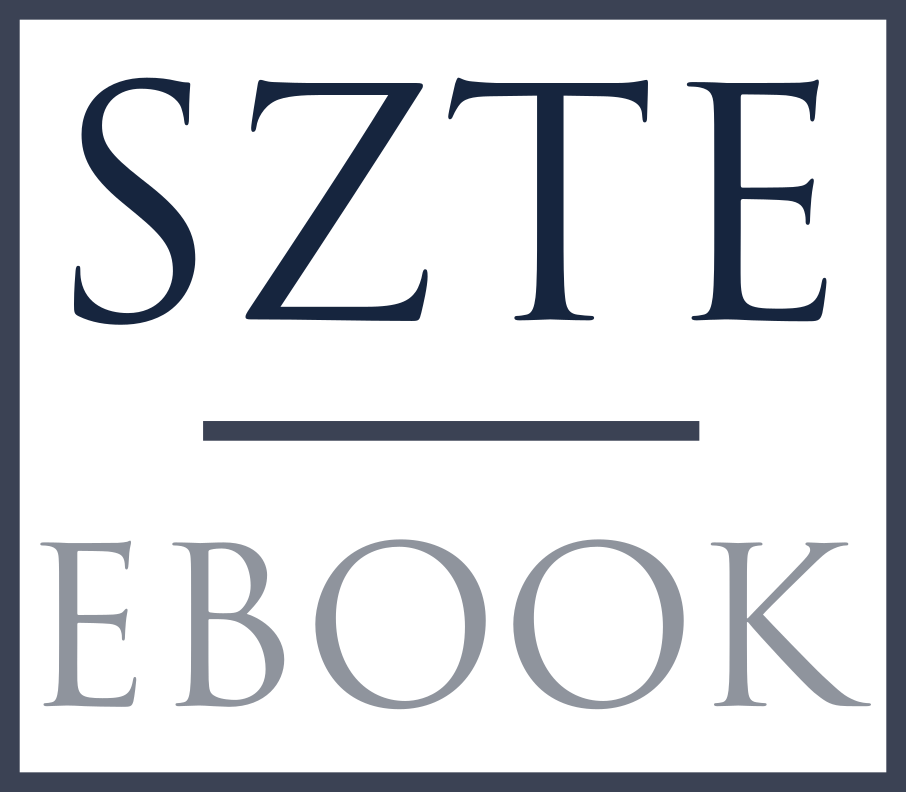Hazugság, önámítás és lelkiismeret mint politikai fenomén
Synopsis
Does the problem of lying and self-deception and then conscience confronted with lying bear any ethical and political significance? The aim of this essay is to analyse the relation of lies, self-deception and conscience to political morality. The article argues that the oversimplifying statement ‘the essence of politics is lying’ is in fact false. If we consider politics as the art of deception, and not as a discourse on the common good, then our erroneous premise is that all political scheming is entirely independent from us, and we have helplessly fallen victims to the lies provided by politics. However, in fact our (false) hopes, illusions, (unfounded) desires and expectations, and (real or imagined) fears generate all the mendacious acts in politics. How does a liar’s conscience perceive their own lies? What is conscience anyway, always catching us in the act? It reproaches us tactlessly (Did I do right?) or it condemns us unappealably (I did wrong). It accuses and defends. Paradoxically, it accuses to defend. This article also argues that self-deception is not a question of conscience, but of self-awareness. In deceiving ourselves, we create a personal reality of desires different from objective reality. Lacking self-reflection will drift us away from reality, and eventually it may become a generator and a plaything of political lies. The question is: to what extent is our aspiration for truth and our ability to selfreflection able to counterbalance mendacious political attitudes? Kant, as a representative of relentless truth-telling, believed that distorting the truth is immoral, and indicates lack of conscience. If we violate the principle of telling the truth in all circumstances, it means that we are capable of lying to ourselves, then to others as well, and others will also lie to us. The political sphere will exploit and make use of the potential of such dispositions. Kulcsszavak: Politikai filozófia, Hazugság


